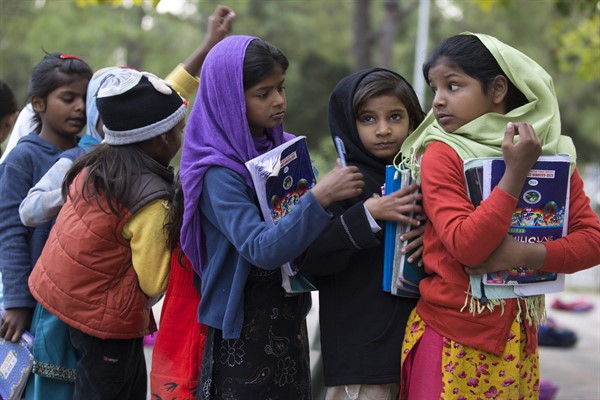The Transforming Education Summit is fast approaching. Many in the education community and at the United Nations, as well as impassioned young activists around the world, have begun to mobilize for the event, which is scheduled to coincide with the U.N. General Assembly in September. And according to the world body’s deputy secretary-general, Amina Mohammed, the summit aims at nothing less than “averting a generational disaster” by “rethinking education systems.”
However, little attention is being paid to this summit outside of those circles. In many ways, this isn’t surprising: Conferences and summits are an almost daily fixture on the international calendar, and everyone cannot pay attention to every event. That said, there are a number of reasons as to why the Transforming Education Summit should matter to a much broader audience.
Perhaps the most obvious is that, as Horace Mann said, “education is the great equalizer.” By equipping students to be open-minded, critical and self-aware, education empowers them to become agents of change, breaking down cycles of generational poverty. High-quality education is a proven remedy against economic inequality, raising earnings by about 10 percent with each year of schooling, according to UNESCO estimates. Education also promotes democratic governance, peace and sustainable living. The September summit therefore offers a crucial opportunity to tackle multiple global crises at once and should be a priority not only for students, teachers and education experts, but for anyone who is committed to advancing global equality.

